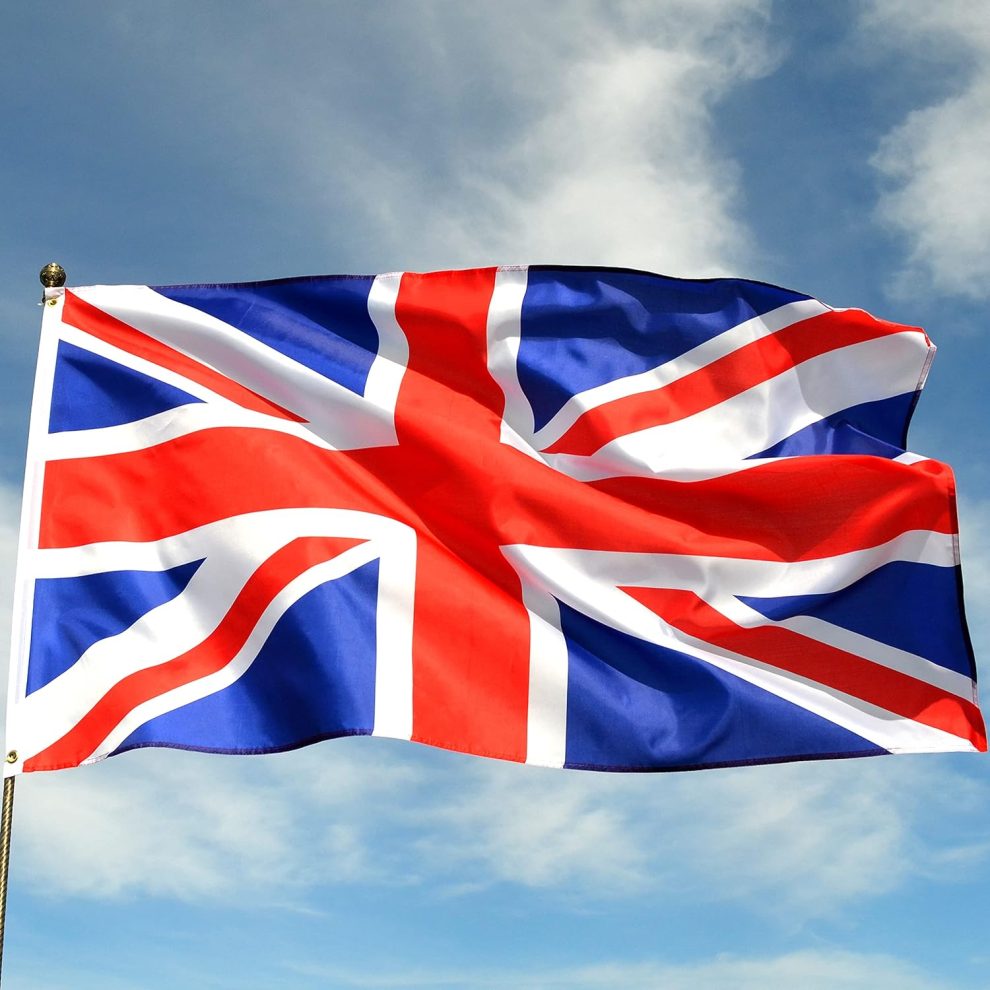UK Foreign Secretary David Lammy MP recently launched a landmark report, “From Minerals to Manufacturing: Africa’s Competitiveness in Global Battery Supply Chains,” highlighting Africa’s potential in the global battery value chain. The report reveals that refining locally extracted lithium, nickel, manganese, and copper in Africa could be up to 40% more competitive than the rest of the world by 2030.
With just one high-quality refinery for each of these minerals, Africa could generate an additional $6.8 billion in annual revenues and create approximately 3,500 good-quality jobs operating in the battery supply chain. The Democratic Republic of Congo (DRC), for instance, can leverage its abundant cobalt resources and hydroelectric power to become a low-cost and low-emissions producer of lithium-ion battery cathode precursor materials.
Key Opportunities for Africa
- Refining Minerals: Refining locally extracted minerals in Africa could be 40% more competitive by 2030
- Job Creation: Creating approximately 3,500 good-quality jobs operating in the battery supply chain
- Revenue Generation: Generating an additional $6.8 billion in annual revenues
- Low-Emissions Production: Producing lithium-ion battery cathode precursor materials with lower emissions
Countries with Competitive Advantage
- Tanzania: Could produce batteries that are cost-competitive with Europe under certain conditions
- Morocco: Could achieve production costs of $72/kWh, comparable to Europe
- DRC: Can become a low-cost and low-emissions producer of lithium-ion battery cathode precursor materials
The report emphasizes the importance of African countries capturing a greater share of the manufacturing process once minerals are extracted. By doing so, Africa can extend its access from the $271 billion battery precursor segment to the more lucrative $1.4 trillion combined battery cell production and cell assembly segments of the battery minerals global value chain.





Add Comment